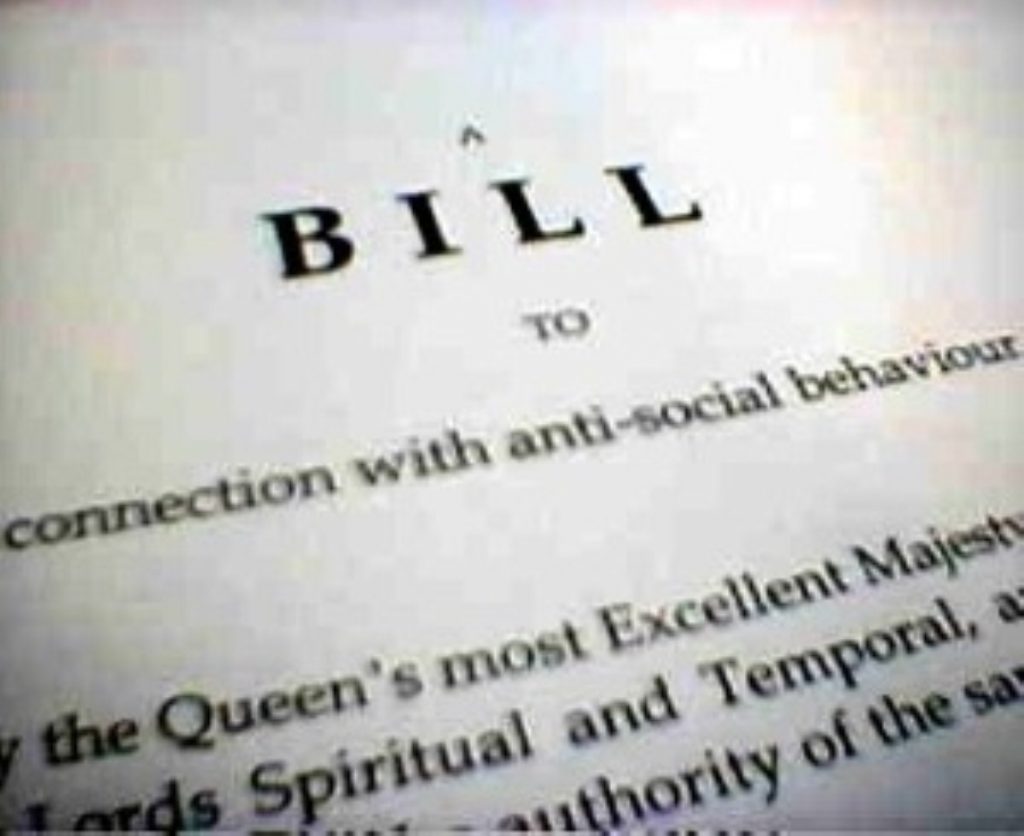Coroner reform bill ‘just tinkering’
Plans to reform the coroner system are simply “tinkering around the edges” and would do little to address failings in the way deaths are investigated or recorded, MPs warn.
The constitutional affairs committee says the coroner reform bill is a “golden opportunity” to improve the system, but warns that the failure to change the way deaths are certified “leaves many fundamental problems unaddressed”.
Their report also warns the funding provided for the reforms – £14.5 million upfront and £5.8 million a year after – “is likely to fall considerably short of the financial commitment needed to rescue this seriously under-resourced service from its current state of neglect”.
Committee chairman Alan Beith said: “The system of coroners and death certification is in urgent need of reform on at least two counts: there is enormous variation in standards, and the system failed to detect a major serial murderer.


“This is therefore an opportunity not to be wasted – we must strongly recommend that the government rethink its plans.”
However, a spokeswoman from the Department for Constitutional Affairs (DCA) warned that double-checking all deaths in England and Wales – about 500,000 a year – would mean “unnecessary delay and bureaucracy” and extra costs.
She insisted proposed legislation would give relatives and friends of the diseased the right to call for a second opinion on a death certificate and demand a coroner’s investigation. It also plans a more professionalised coroner service with better leadership.
The problems with the system were highlighted in wake of the Harold Shipman murders – the GP managed to kill more than 200 patients largely unnoticed because of procedures that allow doctors to rule on cause of death without a second opinion.
In its response to the Shipman inquiry in 2004, the Home Office announced it would consider changing the system of death certification, but it shies away from this option in the latest bill.
Today’s report says ministers must “at least” introduce a clear system outlining when doctors should refer deaths to the coroner, to end the current confusion.
It also warns that although the bill proposes a new chief coroner to oversee the system, coroners remain too localised, leading to inconsistent levels of service across the country.
“The proposed reforms lack detail and fail to tackle adequately the resource and structural problems currently facing the existing, outmoded coronial system,” the committee says.
Today’s report was welcomed by George Fernie, chairman of the British Medical Association’s (BMA’s) forensic medicine committee, saying it echoed their “long-standing concerns”.
“Current government proposals do provide some foundation on which to develop a modernised service with effective medical support. However, the BMA would not be able to endorse a partly reformed, underfunded system that was not fit for purpose,” he said.
Christine Hurst, chairwoman of the Coroners’ Officers Association, added: “The proposals in the draft bill will not improve the service to the bereaved which will continue to remain a postcode lottery.
“We urge the government to reconsider the proposals to reform the coroners’ service and death certification, system put forward by the Home Office in 2004.”









